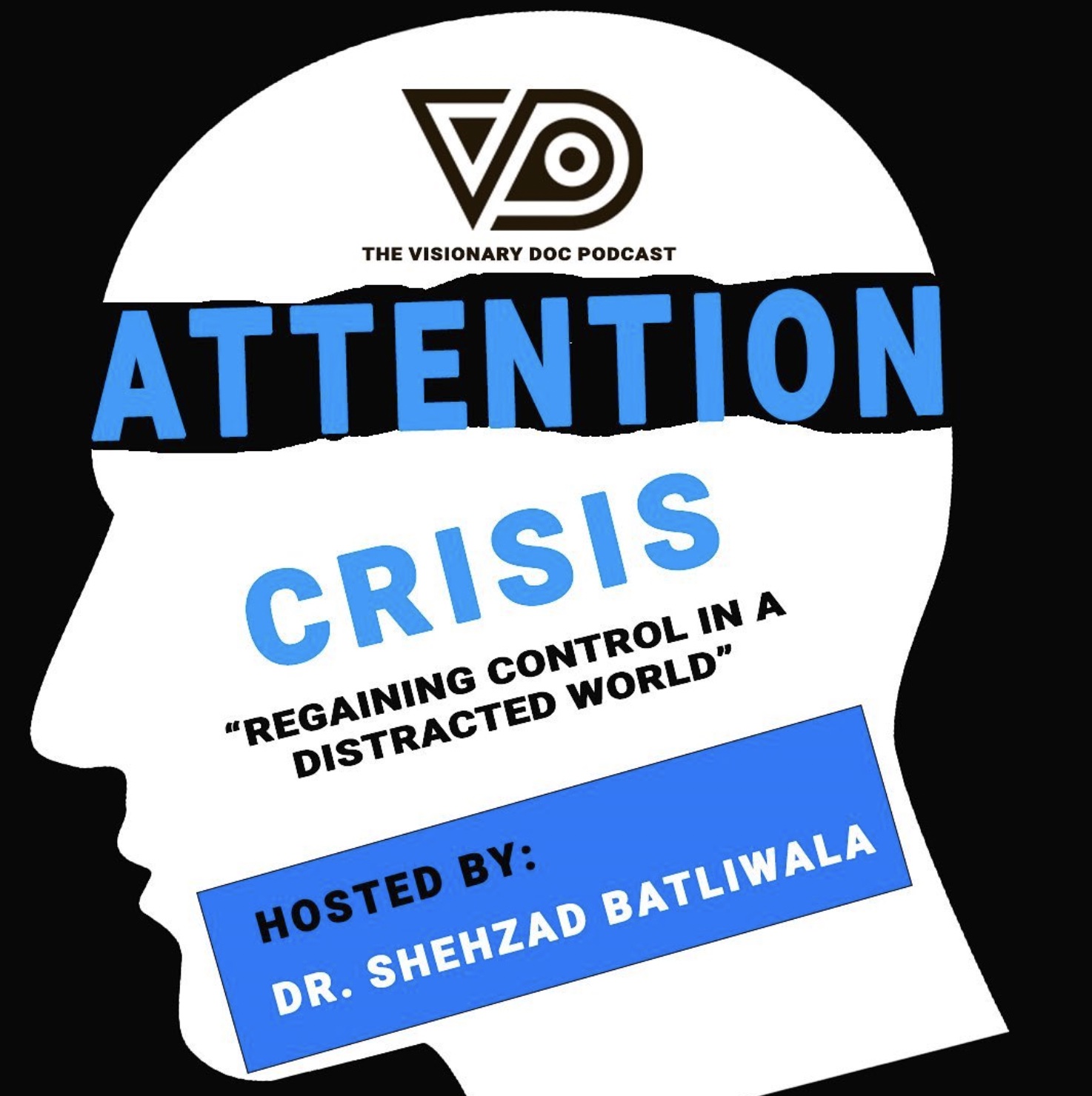Introduction
In today’s fast-paced world, distractions are lurking around every corner. Smartphones, social media, and endless notifications have turned our once laser-sharp focus into a hazy blur. The concern for our dwindling attention spans has been growing, and I couldn’t help but take a deep dive into the topic. As I sat down with Johann Hari’s groundbreaking book, “Stolen Focus,” I found myself captivated by the alarming truth behind the attention crisis and its impact on society. In this blog post, I’ll be sharing the key insights from Hari’s work while also adding my perspective on how we can address this alarming issue.
The Attention Crisis Unveiled
The business models employed by tech giants like Facebook and Google have inadvertently led to the attention crisis. These companies profit from keeping users engaged with their platforms for as long as possible, making the battle for our focus a lucrative one. As a result, we’re bombarded with dopamine-driven feedback loops that make it increasingly difficult to concentrate on a single task.
Hari’s book exposes the detrimental effects of this crisis, which include decreased productivity, increased stress, and even the decline in our ability to form deep, meaningful connections with others. More shockingly, research indicates that the average person spends approximately 6 hours per day online, with nearly 2 hours of that time dedicated to social media. This means that over the course of a year, we waste more than 700 hours on social media alone, which equates to nearly 30 full days.
Reclaiming Our Focus: Individual Steps
The first step towards addressing the attention crisis is acknowledging the problem and taking personal responsibility. By making mindful choices about our digital consumption, we can start to regain control over our attention. Here are some key takeaways from “Stolen Focus” that we can implement in our daily lives:
- Schedule dedicated periods for deep work: Set aside time for tasks that require intense focus, and eliminate potential distractions during these periods.
- Establish digital boundaries: Create rules for when and where you’ll use your devices and social media, and stick to them. For example, limit your daily social media use across all platforms to 30 minutes, maximum of 1 hour.
- Embrace monotasking: Instead of multitasking, focus on completing one task at a time, allowing your brain to fully concentrate on each activity.
- Cultivate mindfulness: Practice meditation, yoga, or other mindfulness techniques to strengthen your ability to be present in the moment.
A Visionary Approach to Societal Change
While individual actions are crucial, the attention crisis cannot be addressed without systemic change. Tech companies must be held accountable for their role in creating and perpetuating this problem. As a society, we need to come together and demand better from these organizations, pushing for ethical business practices that prioritize user well-being over profits.
One promising approach is the adoption of the “Time Well Spent” movement, which encourages technology companies to design their products in ways that genuinely enhance users’ lives. By supporting and advocating for these initiatives, we can contribute to a brighter, more focused future for everyone.
Conclusion
The attention crisis, as explored in Johann Hari’s “Stolen Focus,” poses a significant threat to our well-being and society as a whole. As a visionary thinker who deeply cares about people and their quality of life, I am committed to spreading awareness about this issue and advocating for change. By taking individual actions and pushing for systemic reform, we can collectively reclaim our focus and create a more fulfilling future. Let’s join hands in this journey towards a more attentive, present, and connected world.






